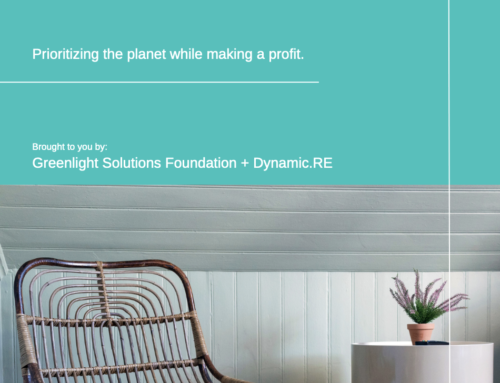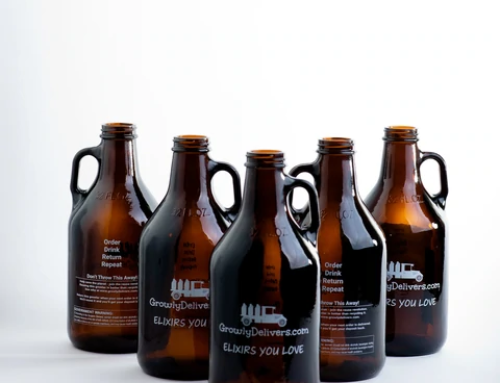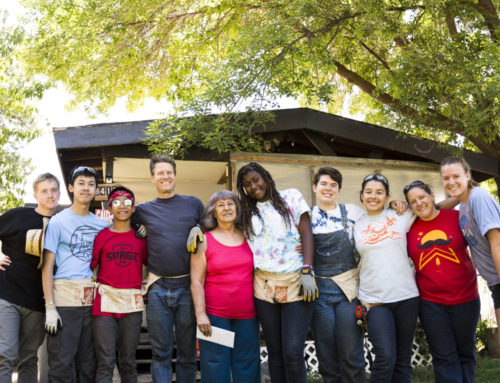The issue of hunger has roots in many sustainability challenges. Often, rural communities are facing the consequences of climate change and environmental degradation, regardless of their part in generating it. Communities, like ones in Malawi, are trying to produce enough food for themselves in the midst of natural disasters, resource depletion, and disease. Food insecurity and malnutrition have become a growing problem throughout different areas, making sustainable farming a viable solution.
The Mtuli Foundation is a nonprofit organization that works to help a community in the Karonga District of Northern Malawi combat this food insecurity through community engagement and participation. They aim to “promote skills and capacity building” in their community, and empower the people of Malawi through community learning and collaboration. In the spring of 2021, the Mtuli Foundation came to GreenLight looking for ideas on sustainable agriculture and irrigation. Our team at GreenLight created two guidebooks full of research on these topics, as well as sources for outreach and funding. Mtuli’s challenge for GreenLight’s fall 2021 team was to take this research and convert it into another format, making it more accessible for the community there.
In response to this challenge, Rachel Smith and Rylee Richardson created 4 videos on sustainable agriculture and irrigation techniques that Mtuli could use. The goal was to include 2-3 concepts into each video to guarantee they covered a variety of topics. To ensure that they were appealing to the entire community, our team split the videos into two categories: educational videos for schools and instructional videos for the implementation of sustainable techniques.
The educational videos included materials on solar energy and sustainable planters, using different processes they have already implemented in their community, as well as possible additions to those systems. The Mtuli Foundation previously implemented sub-irrigated planters and raised-bed irrigation systems to maximize their crop yield and conserve water. Our video on sustainable planters goes over these systems and how they work, as well as ways they can be improved. They also included a variety of activities for students to engage in and learn about sustainability as a whole. With sustainability being a fairly new topic for schools, we created some educational materials and activities to go along with the videos to help the students get a better understanding of the topic.
The instructional videos were created for the entire community rather than the younger population exclusively. These videos go through the materials and processes needed to implement certain practices and how they work. This category includes videos on composting and rainwater harvesting/irrigation, delving into the steps that go into creating these systems and using them in the community.
Since The Mtuli Foundation is GreenLight’s first international Project Partner, this project did not come without its obstacles. There were many language and spatial barriers that our team encountered, however, it was a great experience for Solutioneers as we learned about effective communication. This project has the potential to teach not only their community but also ours here at GreenLight as well. With different approaches to sustainability, communities can learn from one another to find innovative solutions. Even with limited resources, the Mtuli Foundation is working hard to ensure that their community is operating in a sustainable way, especially when it comes to farming and food production. They are currently working on creating food forests as a low-maintenance way to take advantage of their rainy season and teach the community about sustainable farming. At the moment they are preparing the soil and planting and will continue maintenance throughout next year. They would appreciate any help they can get, so if you are interested in supporting this campaign or our project, we encourage you to donate and help The Mtuli Foundation continue its sustainability mission.
Written by: Rachel Smith and Rylee Richardson
Thank you for reading our blog! Leave a comment & share on social media.
➡ Get involved: Businesses | Students | Professionals | Colleges | Volunteer
➡ Support our sustainability initiatives: Donate Now | Give Monthly | Sponsor
➡ Follow us on social media: Facebook | LinkedIn | Instagram | Twitter





